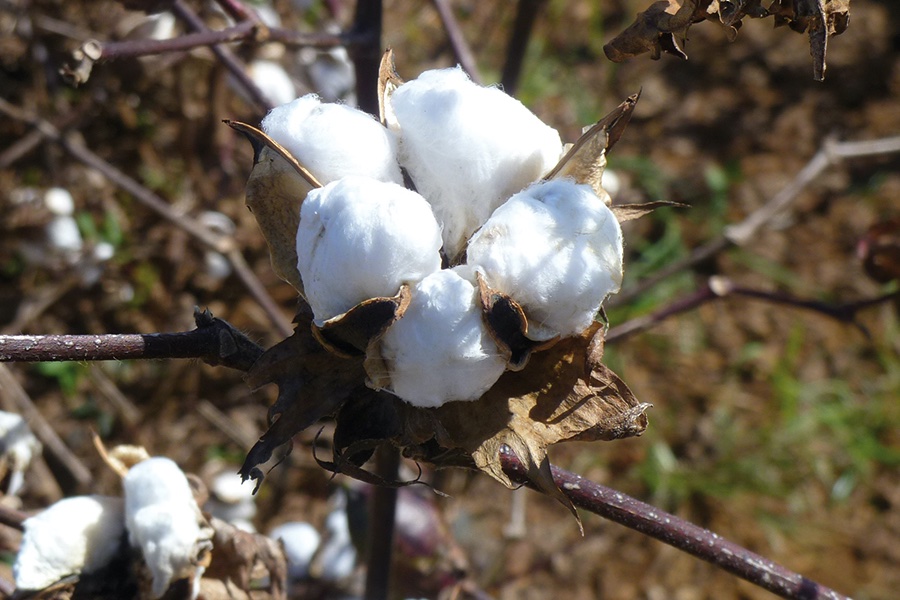#Raw Materials
EU policy raises many questions
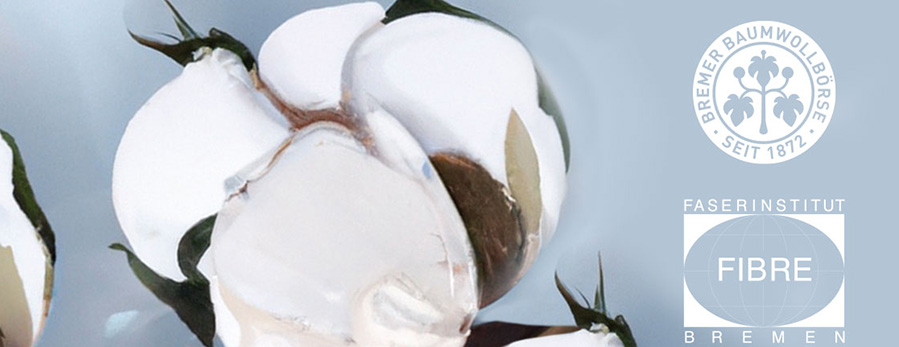
More pressing than ever, one of the key topics this year is the discussion on the impact of political guidelines from the European Union. Important questions in relation to this: What are the consequences of the ‘Green Deal’ for competitiveness in the industry? What is the impact of the planned supply chain act for more transparency and the resulting reporting requirements? They entail a great deal of bureaucracy for companies. How effective are these measures in the first place??
European legislation and the global cotton industry in keynotes
On Wednesday, 20 March, Veronica Bates Kassatly will touch on an EU topic being introduced to the industry – the ESPR, or Ecodesign Regulation for short. Bates Kassatly will also present the findings of a study sponsored by the Australian Cotton Research and Development Corporation (CDRC). The question is: does the Ecodesign for Sustainable Products Regulation (ESPR) align with the desired objectives in practice? And are the EU measures also in line with the Sustainability Goals of the United Nations Agenda 2030? We can expect an extremely critical analysis. The economist and former World Bank analyst is now, among other things, a journalist and author in the field of sustainable development.
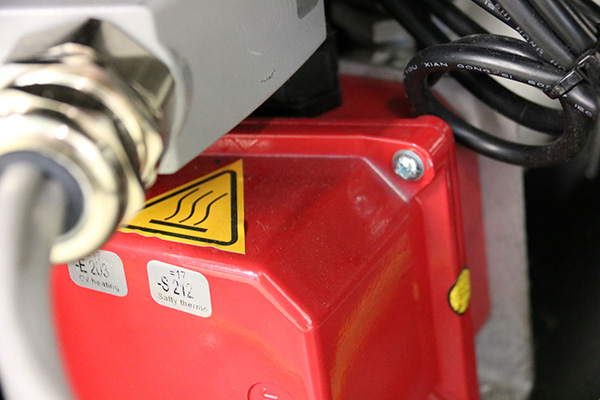
From 2025 onwards, companies in the European Union will be required to provide standardized sustainability reports (ESRS) as part of the Corporate Sustainability Reporting Directive (CSRD). There are also other national and international regulatory and sociopolitical developments in relation to supply chains, carbon emissions trading, circular economy and other aspects relating to environment, social affairs and governance. These have an impact on investment decisions and their financing. The question is: what can be done within companies to maintain a competitive position in times of major change, whilst fully utilising the potential for change and growth? These questions will be answered by two recognised experts from the headquarters of Commerzbank AG in Frankfurt. Manuel Hoechemer is an expert in the sale of raw materials and advises corporate customers in areas such as agriculture and energy, in particular carbon markets. Lennert van Mens is an expert for ESG & Sustainable Finance at Commerzbank AG and advises both the Commerzbank internally and its key accounts externally on strategic issues and the financing of sustainable growth.
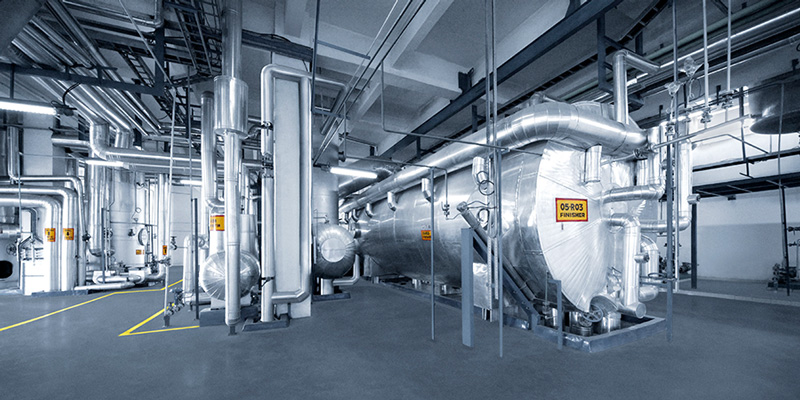
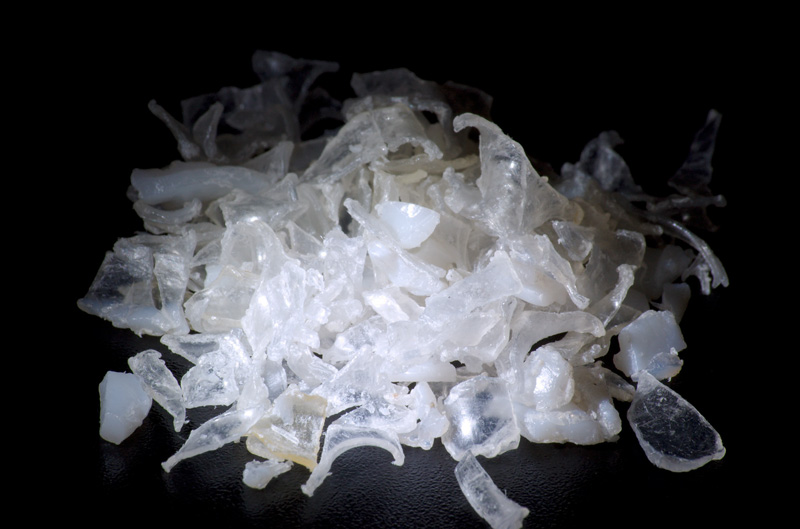
Cotton economy – an expertise
Last but not least, the first session will be kicked off by Colin Iles, Executive Manager, Marketing Cotton & Sugar at the international raw materials group, Glencore/Viterra in Rotterdam. Iles will look at current and future challenges for the cotton textile industry from a global perspective. Shifts in the balance of political power, wars and current conflicts have a direct impact on the composition of the cotton on offer. They interrupt supply chains, e.g. in the area of freight, causing a significant increase to procurement costs. His lecture about developments on the global raw material markets will highlight the problems that will determine the market in the future.

Nicolas Rubio's lecture on Thursday, 21 March is expected to be particularly exciting. As Agricultural Counselor at the US Embassy in Berlin, Rubio advises US companies on how to set up business contacts in Germany and the EU. Due to his work for the Foreign Agricultural Service (FAS) of the US Department of Agriculture, he is keen to observe the current agricultural policies in the European Union. Expect him to analyse and assess the EU developments from an American perspective. His views on the Green Deal adopted by the EU are sure to be of interest.
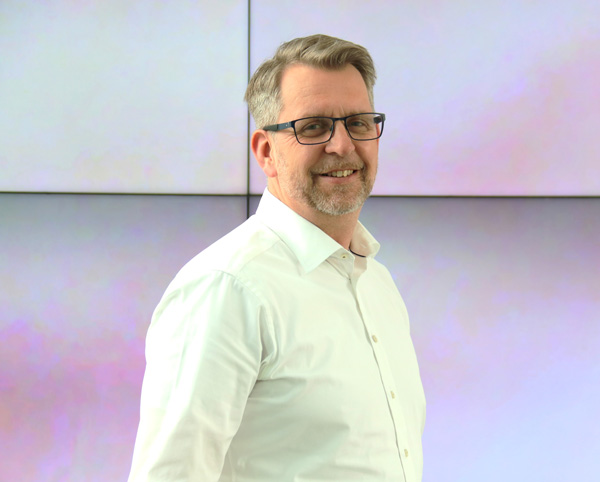
‘Decarbonisation’ with the aim of achieving carbon neutrality has long been a buzzword for the development that has been observed for many years in various sectors of the export-oriented EU economy. This is also driven by the global climate debate with political pressure for change. Hubertus Lohner, member of the site management team for aircraft manufacturer Airbus Operations in Bremen and head of the ECOMAT research and technology centre, will present a positive example. His lecture will perfectly illustrate how research with certain material applications can contribute to decarbonisation in the mobility sector, in lightweight construction and, in this instance, in aircraft manufacturing. Natural fibres are being used more and more frequently in these applications. He will present the work of ECOMAT in Bremen as well as an overview of its further development. ECOMAT stands for the ‘Center for Eco-efficient Materials & Technologies’. Here, approximately 500 employees from the fields of industry and science jointly carry out interdisciplinary research under one roof.

Online access to the cotton conference
Delegates who will not be travelling to Bremen and have therefore opted to participate online may follow the conference on the tried and tested online platform. Here, all participants will have access to every conference session, break-out session, and poster presentation. Those attending the conference in person will also be able to watch the sessions online and use the variety of networking tools available.
The Bremen Cotton Exchange team will provide detailed information about other programme topics at the International Cotton Conference in further press releases in the run-up to the conference. All information is regularly updated and can be found on the conference website at www.cotton-conference-bremen.de.
Registration is open
Participants can register easily at any time online at https://cotton-conference-bremen.de/registration/





canva-900-1-1-1.jpg)
